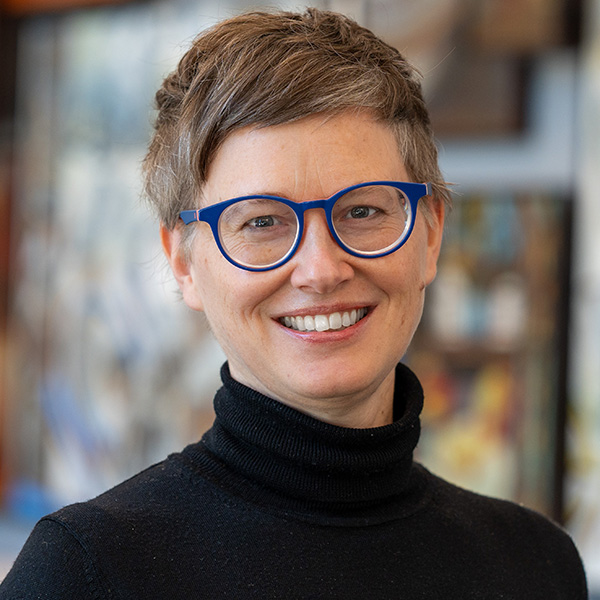
Paul Volcker Lecture in Behavioral Economics: Alison Buttenheim
April 09, 2026, 4 p.m.-5:30 p.m. EDT | Eggers Hall, Strasser Legacy Room, 220
Spotlight on Previous Volcker Lecture
Why Behavioral Economics needs Artificial Intelligence; and Artificial Intelligence needs Behavioral Economics
Sendhil Mullainathan (Chicago Booth) presented the ninth annual Paul Volcker Lecture in Behavioral Economics. Mullainathan is the Roman Family University Professor of Computation and Behavioral Science at Chicago Booth. His current research uses machine learning to understand complex problems in human behavior, social policy, and especially medicine, where computational techniques have the potential to uncover biomedical insights from large-scale health data. In past work he has combined insights from economics and behavioral science with causal inference tools—lab, field, and natural experiments—to study social problems such as discrimination and poverty.
Thursday, March 28, 2024
About the Volcker Lecture
The Volcker Chair, which hosts the Paul Volcker Lecture, was endowed by Robert Menschel, former senior director at Goldman Sachs Group and Trustee Emeritus of Syracuse University, in honor of Paul Volcker.
Paul Volcker’s distinguished career included eight years as chairman of the Board of Governors of the Federal Reserve under Presidents Carter and Reagan; four years as president of the Federal Reserve Bank of New York; and two years as chair of President Obama’s Economic Recovery Advisory Board. In addition, he served as undersecretary of treasury for international monetary affairs and was chairman of the prominent New York investment banking firm, J. Rothschild, Wolfensohn & Co. Volcker also chaired the National Commission on the Public Service, which focused on the changes needed to restore vitality and credibility to public service.
"The critically important field of behavioral economics, although relatively new, has quickly become central to policymakers and corporate leaders in their decision making," observes Menschel. "Paul Volcker [was] the nation’s preeminent economist who epitomizes the very best thinking in this area."
The Maxwell School gratefully acknowledges Mr. Menschel's generous support. Funding for policy-relevant research and professional training for future public officials are key components to advancing effective governance at the national, state and local levels.
Leonard Lopoo hosts the Paul Volcker Lecture in collaboration with colleagues in Maxwell's Center for Policy Research and Maxwell X Lab. Lopoo is the Paul Volcker Chair in Behavioral Economics and professor of public administration and international affairs.
For More Information

Davor Mondom
Assistant Director, Center for Policy Research
426 Eggers Hall
315.443.3114 | dmondom@syr.edu